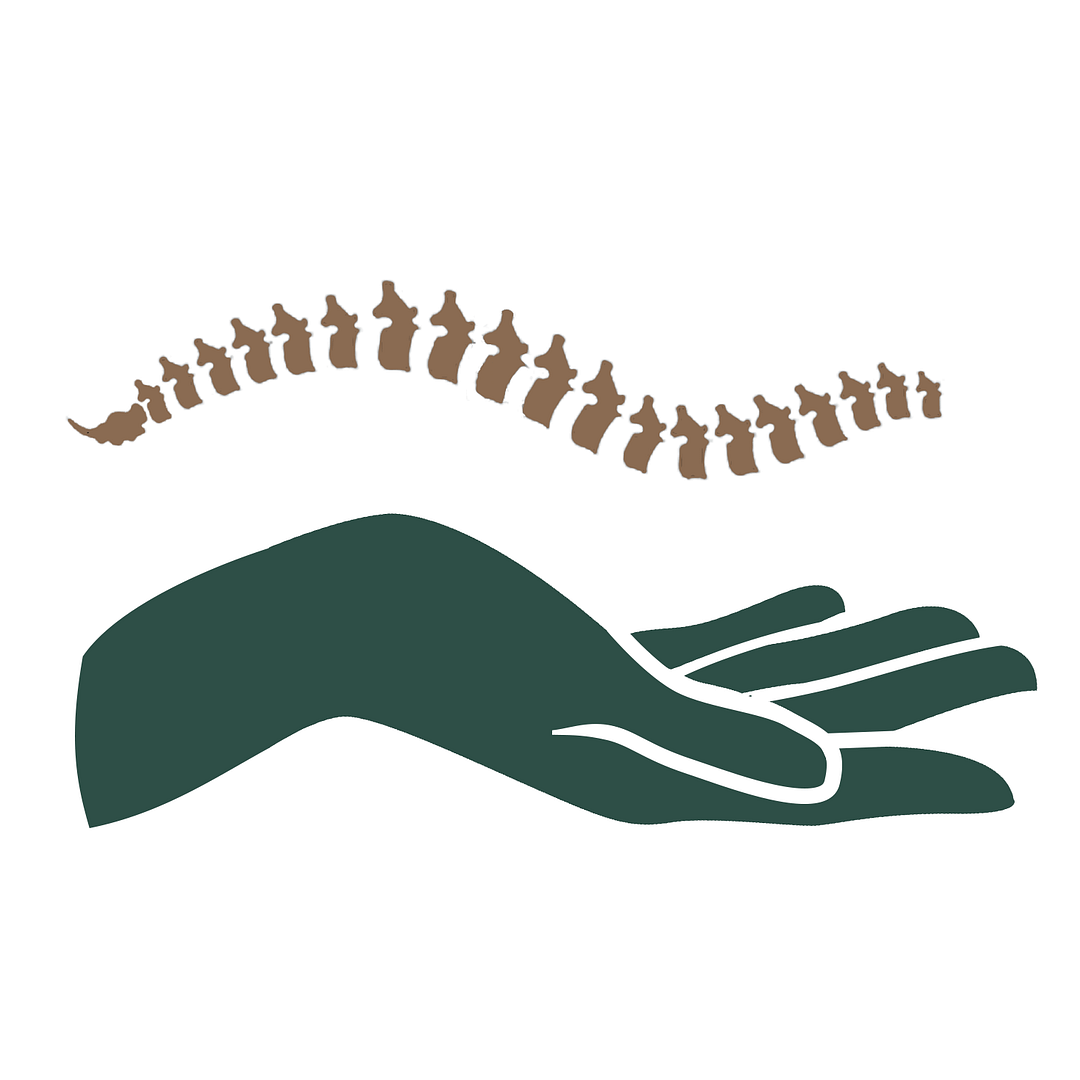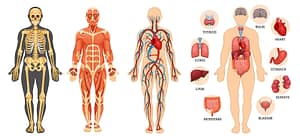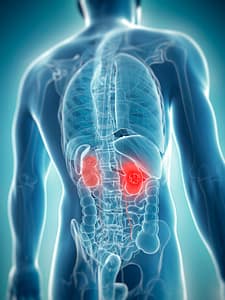There are many ways to look at health, what follows is but one conception that I have useful for myself and my clients.
I consider there to be three fundamental pillars of health:
1) Physical Structure
This can be tended to with movement practices (such as yoga, strength training, ect.) and bodywork (such as massage, osteopathy, ect.)
2) Biochemical
Factors here include diet as the foundation, with medicine, herbs, supplements and one’s environment as contributing factors.
3)Mental and Emotional
Working with the mind and emotions can be done with counseling, meditation, and various awareness practices, etc.
Generally, a person will tend to focus on one or two of these pillars. This may be the most important place for a person to start, but over time, the aspects of health that one does not attend to become the weakest link, the area that holds someone back.
For this reason, it can be useful to see a practitioner in each one of these areas to help get feedback on what aspects of your health may need more attention. As someone who’s primary focus is bodywork, I make sure to ask people about their diets, lifestyle and emotions as well. Sometimes the most useful thing you can do for someone is to point out where they may not be focusing. Often, long before a person will experience pain, they will feel that something is not quite right. This is a key sign that can one can learn to interpret and do something about before it gets to the point of injury or disease.
For instance, might find that a client’s left kidney is restricted. This often indicates that there is an issue with the adrenals. In these cases, the person usually has too much stress (and maybe caffeine) in their life. Talking to someone about caffeine in the general sense is one thing, but when I find the most stuck area in their body is their left kidney, it can often help someone hear the information in a deeper, more personal way. From there, a person can go deeper into what we find, either through their own research or with the help of another practitioner I can refer them to.
I hope this perspective can be useful on how to approach health more holistically.
Eli Mead, DOMP




